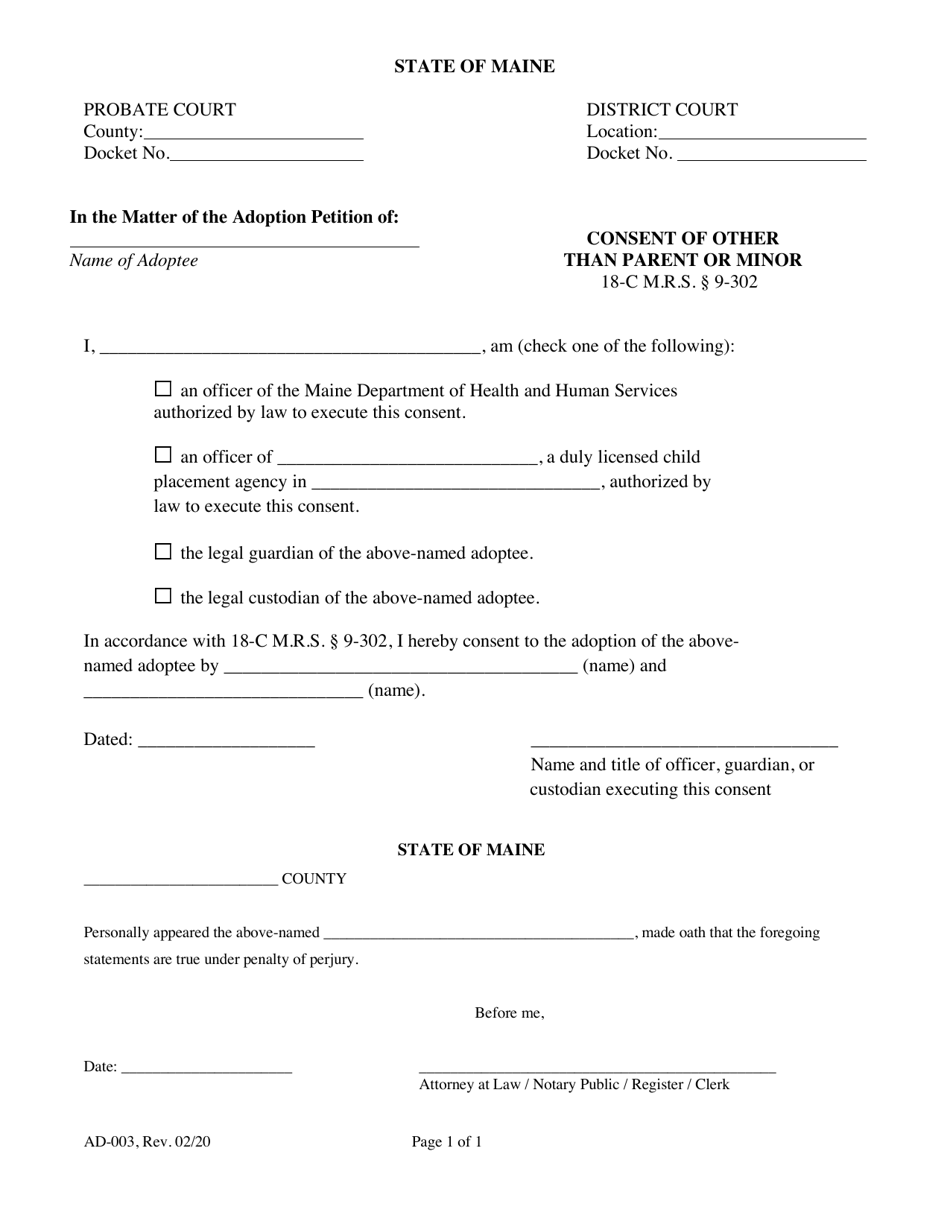
Baird the Supreme Court laid out the criteria for judicial bypass procedures: they stated that to be constitutional, a procedure must allow pregnant minors to go before a judge in a proceeding that ensures her anonymity and is conducted with “sufficient expedition” to actually allow her to obtain abortion care. The Unclear Criteria for Judicial Bypass Procedures Kansas, for example, requires that two parents give their consent in front of a registered notary.2 A few states allow a grandparent, other family member, or doctor to give permission in lieu of a parent, but most require a judge’s permission in the form of a judicial bypass waiver.3 Eight states add the additional burden of requiring that parental consent forms be notarized. Today, parental involvement laws are in effect in thirty eight states. The Supreme Court allows states to implement laws that require minors seeking abortions to notify one or both parents or require one or both parents to consent if they include an alternate procedure we now know as judicial bypass. These judicial bypass procedures are demeaning, onerous, and stand in the way of young people’s access to safe abortion care. Implementation of the procedures is full of logistical nightmares that push some young people through the cracks and provide no check against bias and lies. The procedures are based on unclear legal criteria which create the double standard of requiring young people seeking bypasses to be “mature” enough before they may choose to have an abortion but not have a child. Judicial bypass procedures put judges – who are not doctors, not counselors, not experts in health or youth development – in the position of making reproductive healthcare decisions for the young people before them.

As of January 2015, thirty-eight states enforce laws that require a young person under 18 to notify or obtain consent from one or both parents before she can receive abortion care.1 The Supreme Court has allowed these laws, so long as they include narrow exceptions, generally called “judicial bypass” procedures, which require minors to receive court approval to access abortion care when they do not have their parents’ knowledge or consent.


In many states people under 18 may independently consent to a range of sensitive health care services, yet those seeking safe abortion care are singled out under the law. Young people need confidential and safe access to the full range of reproductive and sexual health services – including abortion. Undue Burdens for Young People Seeking Safe Abortion Care Available in format.


 0 kommentar(er)
0 kommentar(er)
